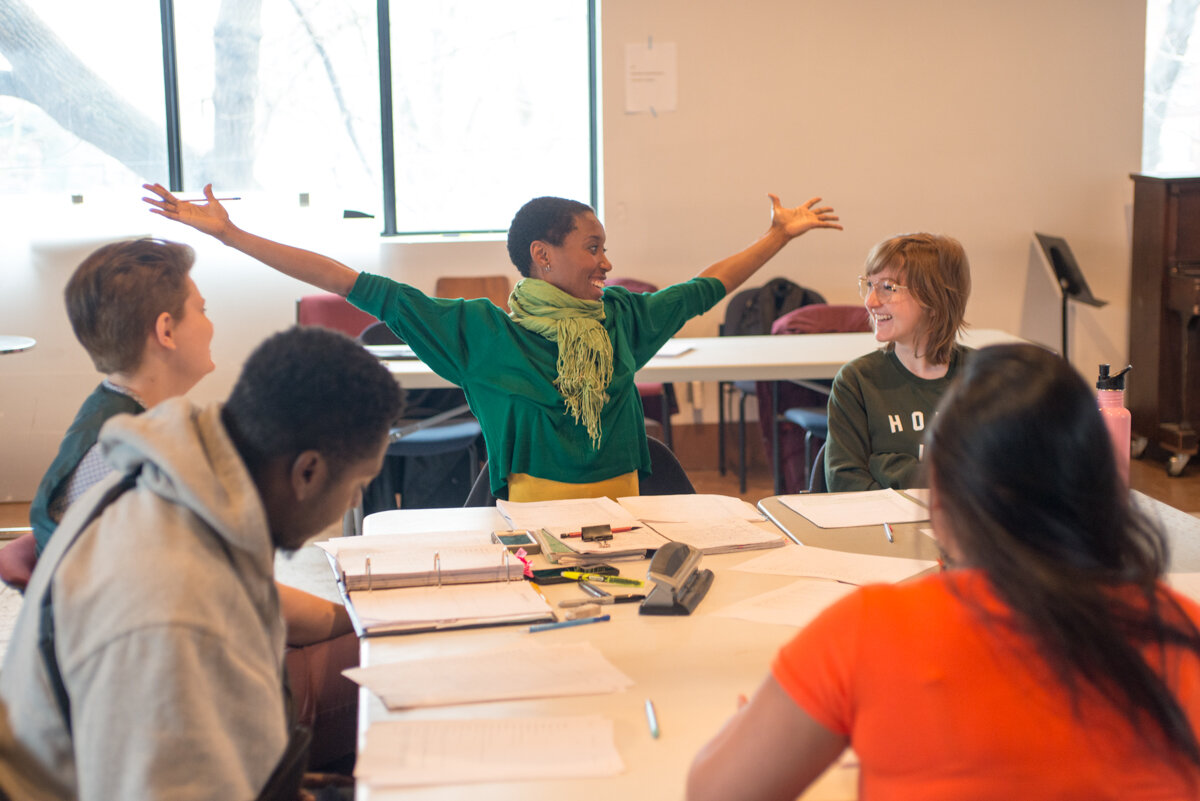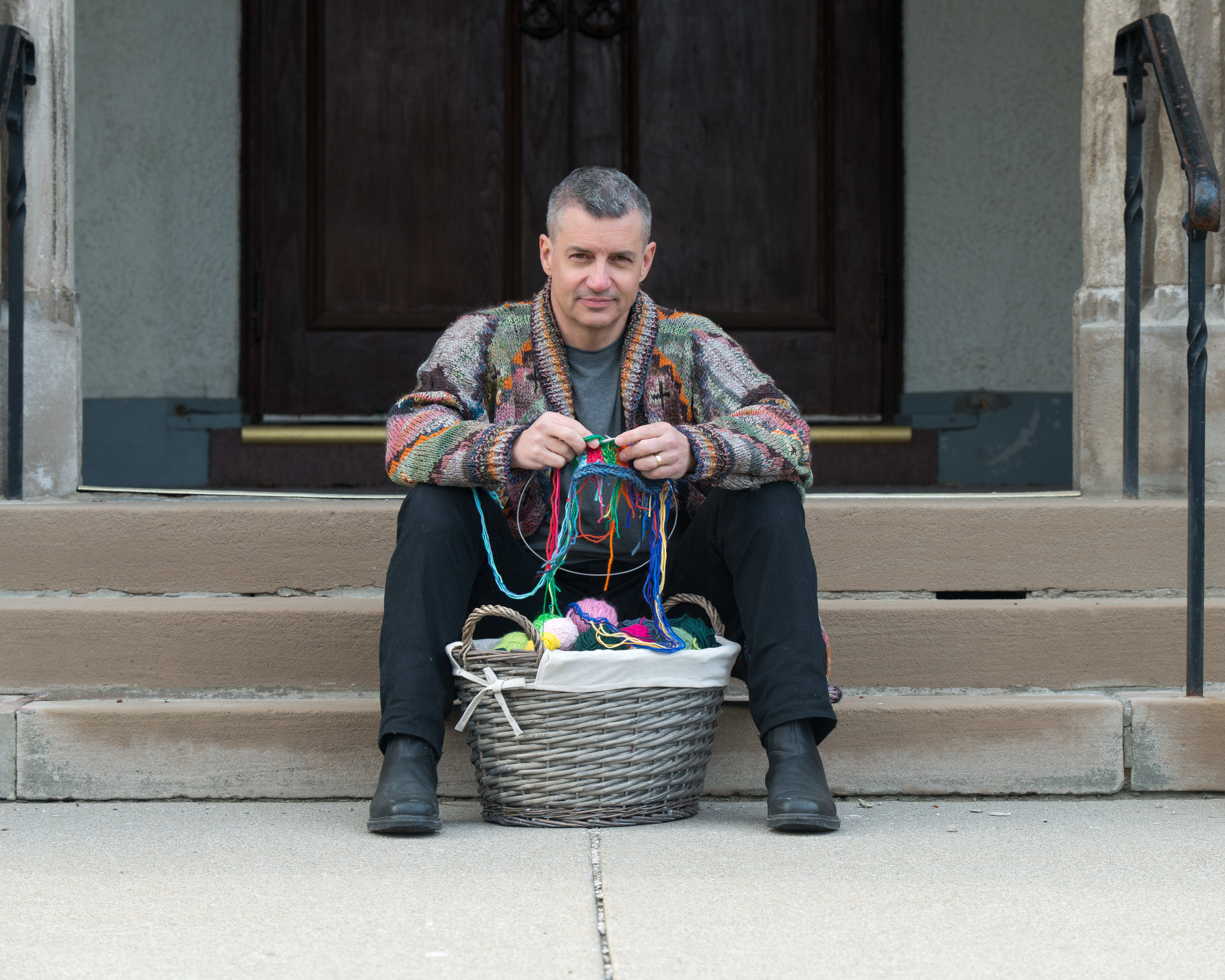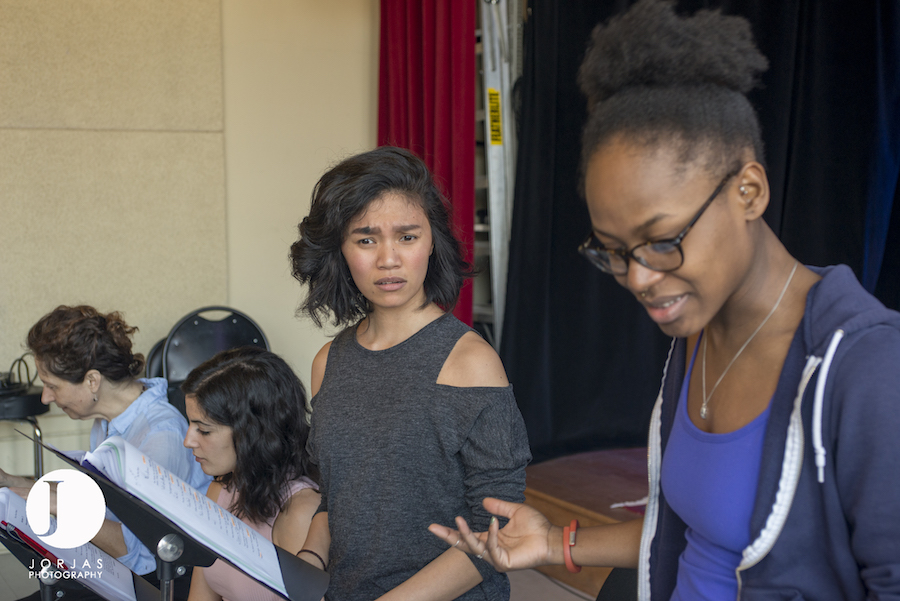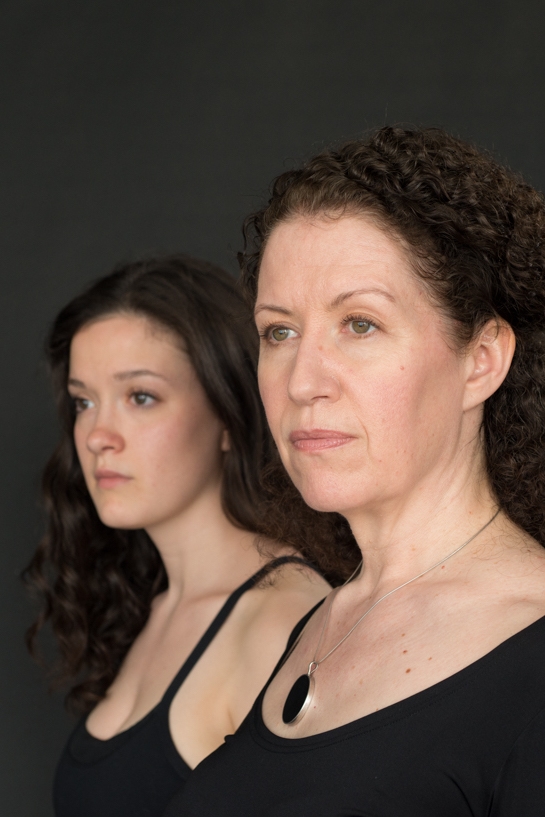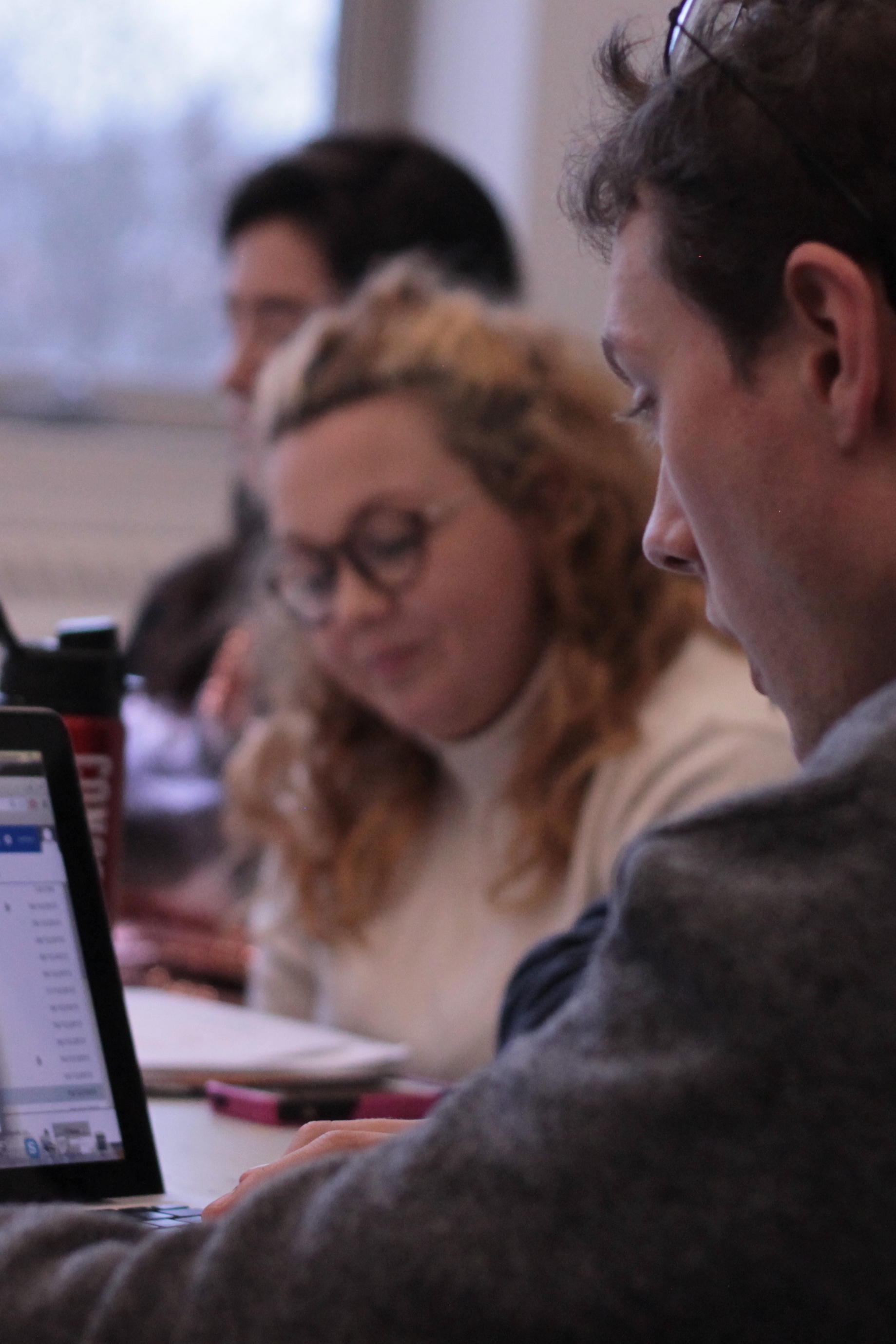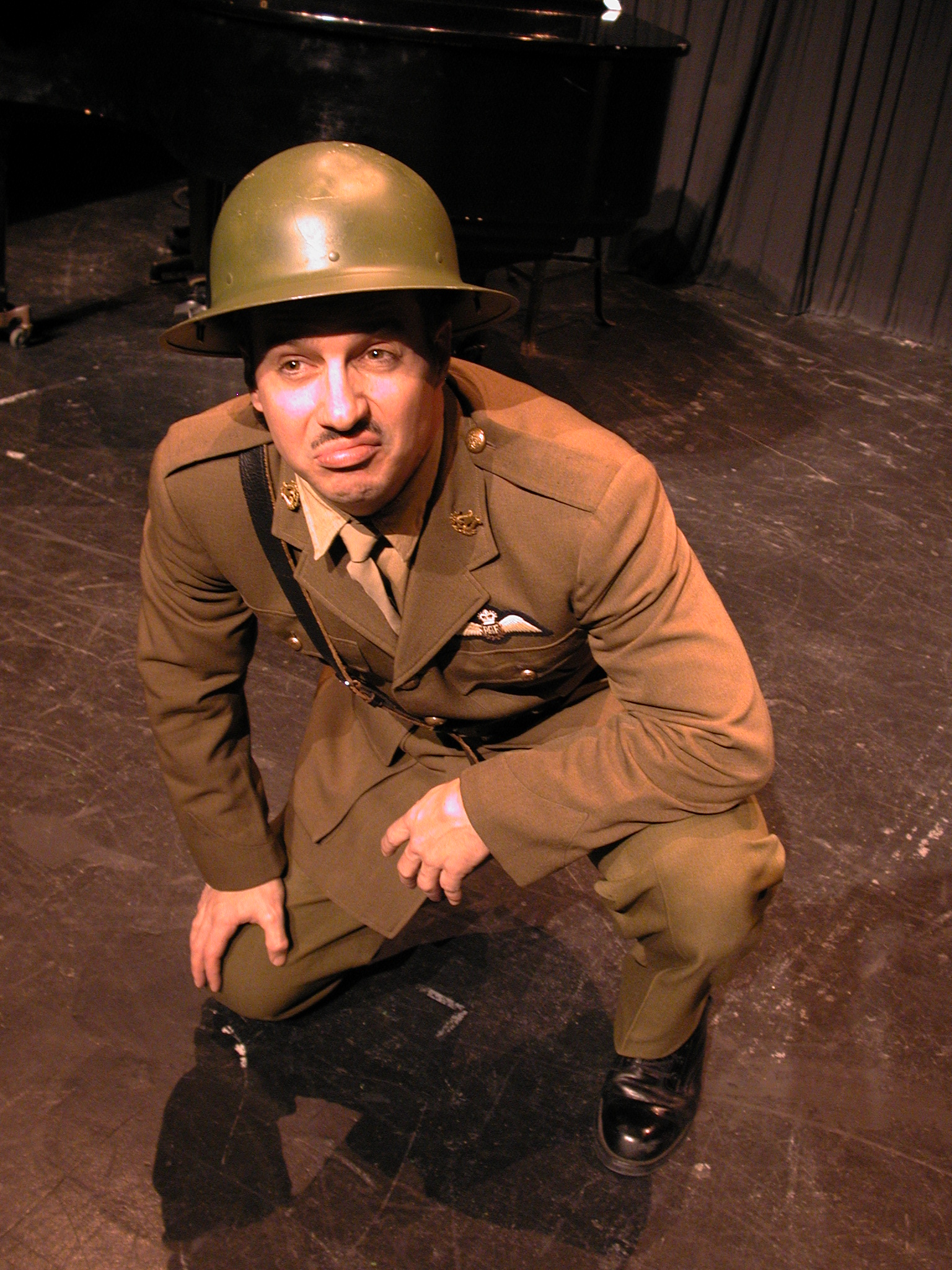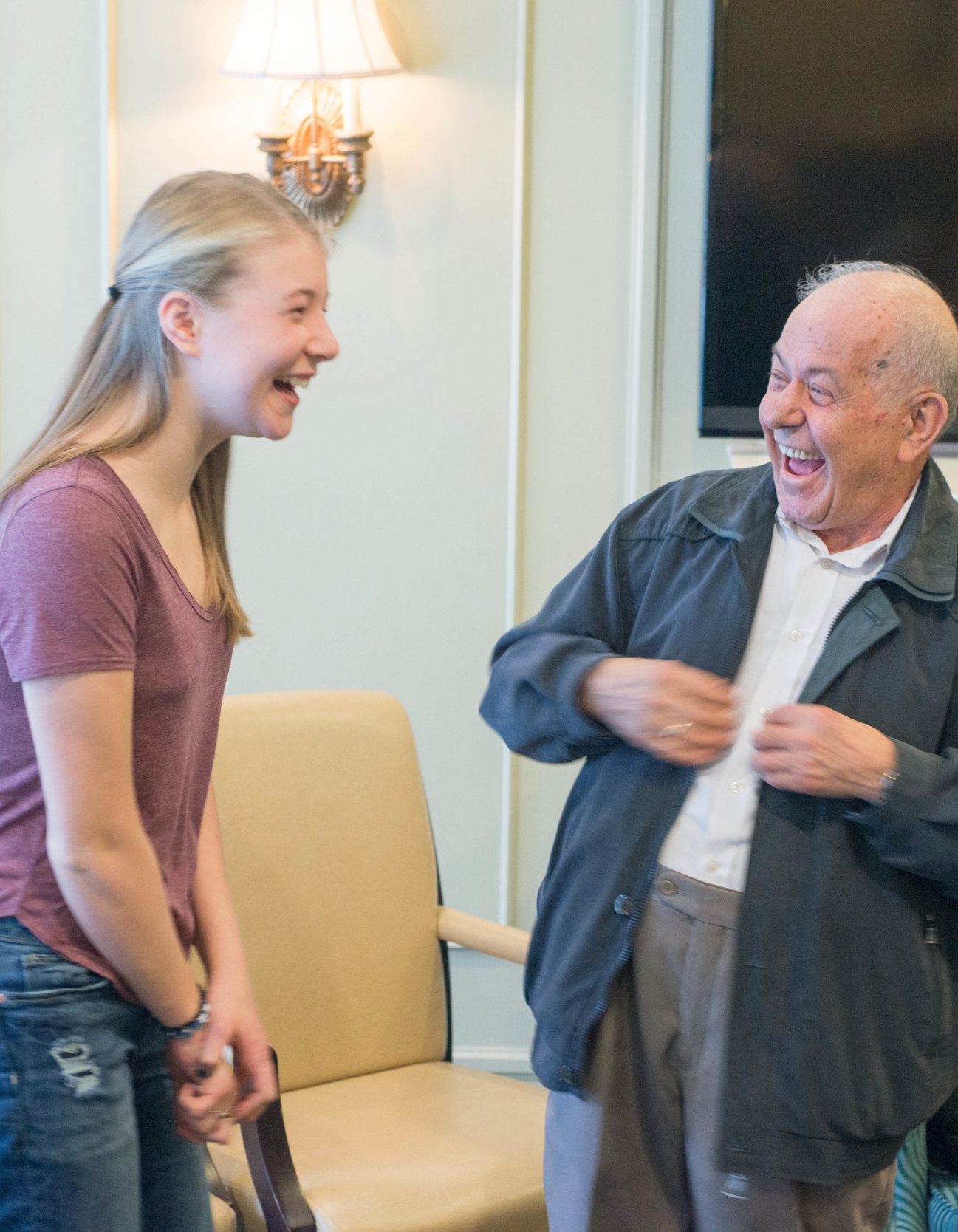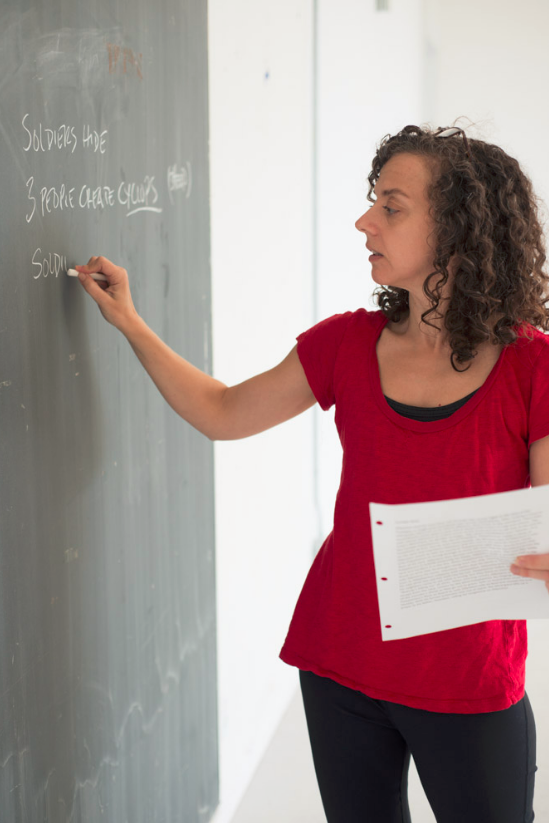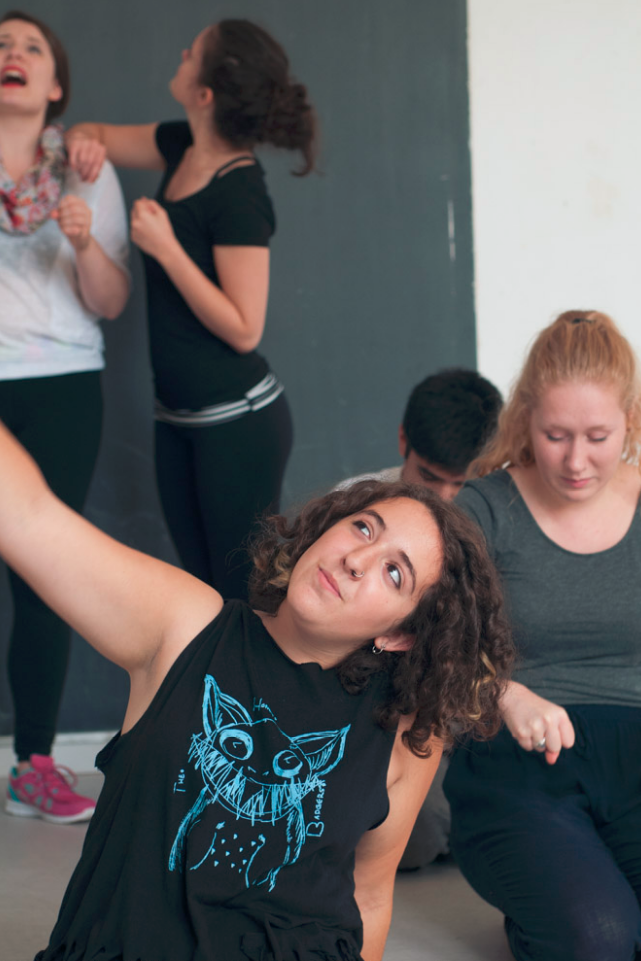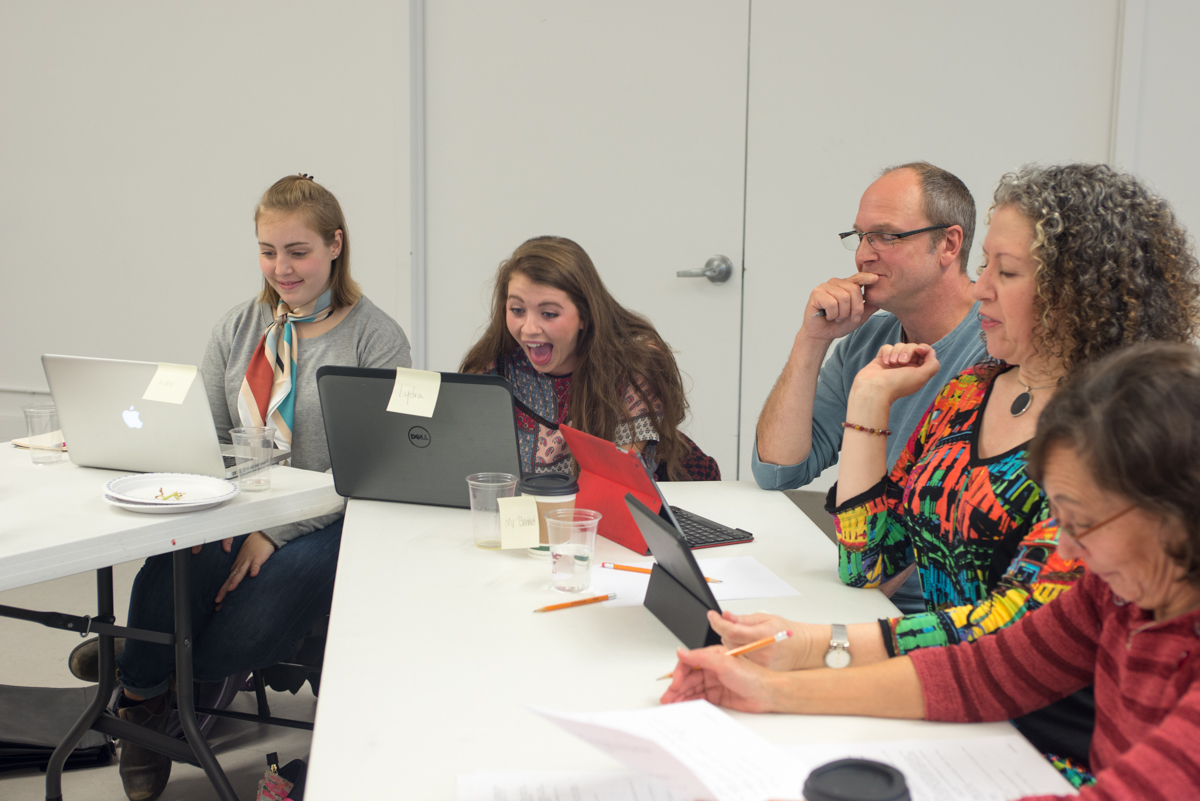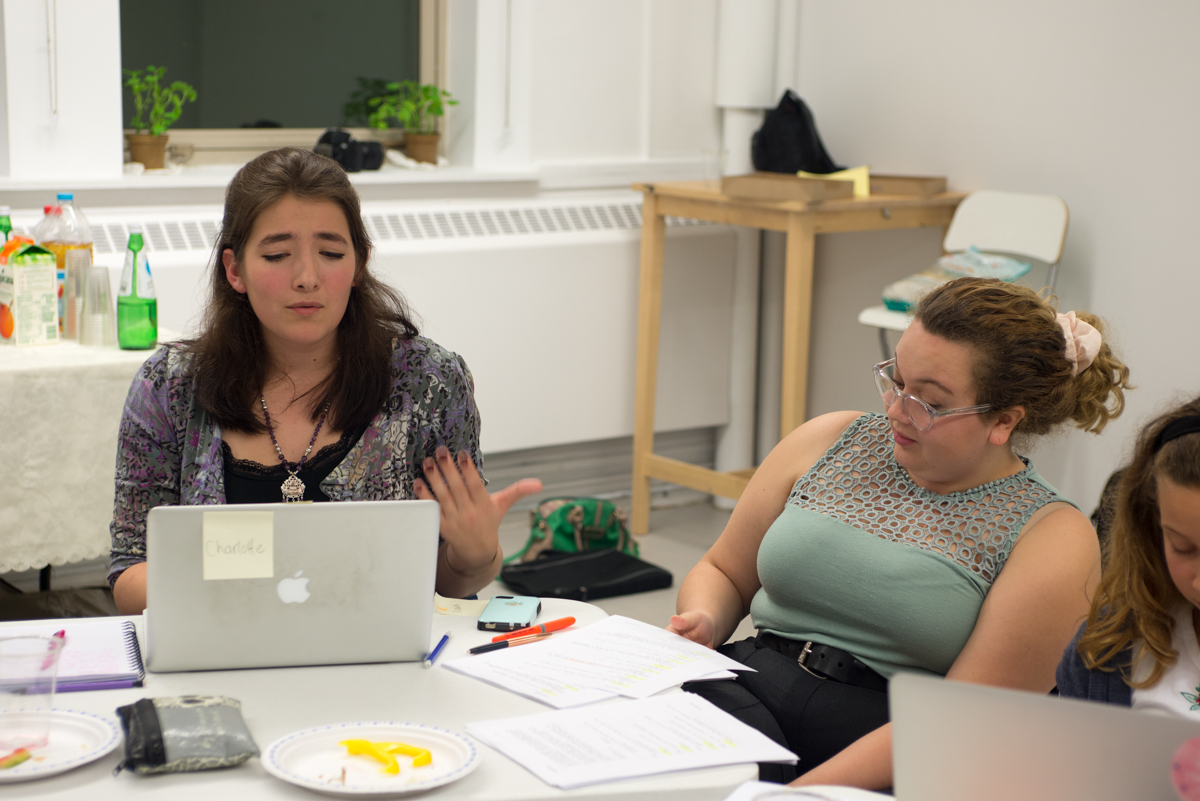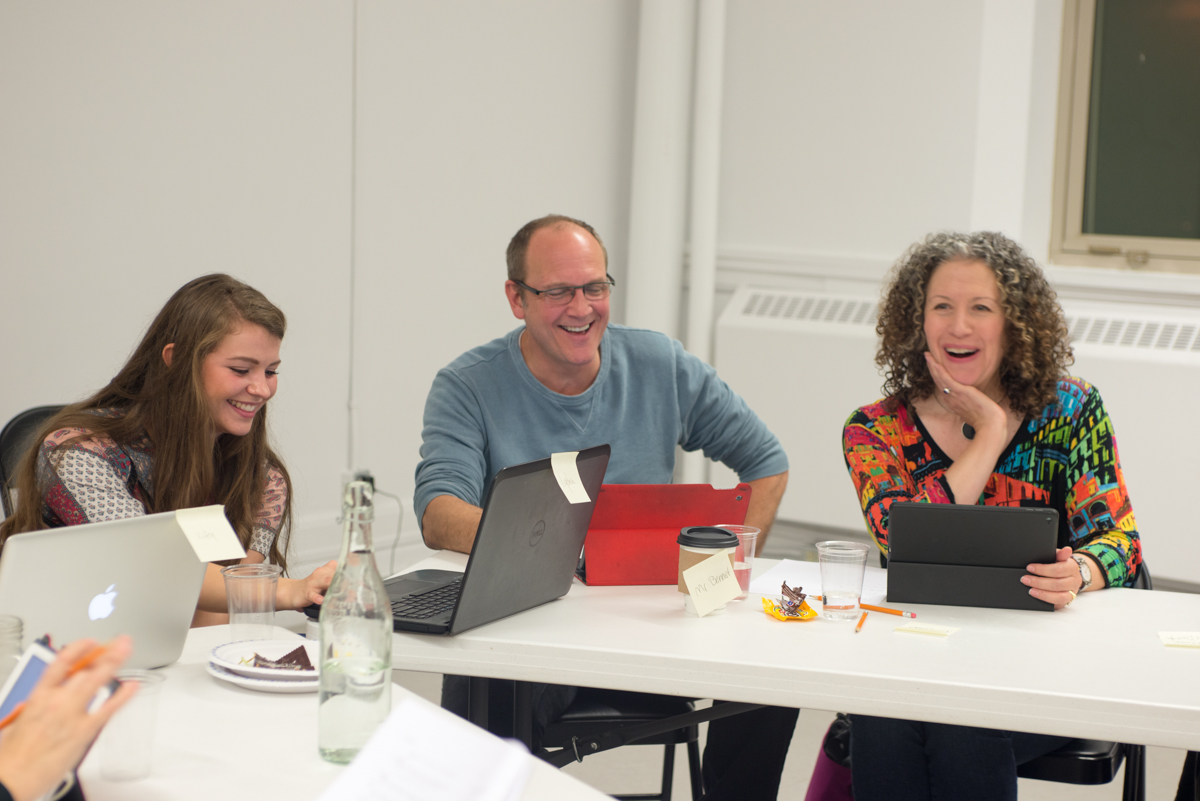Pride & Prejudice: From propriety to prohibition
What sparked the initial ideas for this project?
Nastasia Pappas-Kemps (playwright & actor in Pride & Prejudice): I had read a bit of Jane Austen and actually co-adapted Sense & Sensibility in my final year of high school. I decided to revisit, desperate to find characters that struck me as deeply and wholly as Elinor and Marianne Dashwood and a story that was as earnest and true as that one. I read this book and the story just struck me. It is so relevant. Jane Austen had a sixth sense.
Why this story?
Nastasia: I think it was Elizabeth Bennet that makes this story work. Any other protagonist and we'd all probably give up on her very quickly. She has this strength and this intensity that is so earnest and modern. You don't see many women written like her at this time. Maybe Jane Eyre, but very rarely.
And you connected with her?
Nastasia: Yeah. I guess at the heart of it I read this book and went "I MUST HAVE THIS ROLE OR I SHALL PERISH" in a very visceral way. This book came to me at a very particular time in my life when I was ready to connect with it. I had rejected classic literature for a really long time. I had read Dickens and Whitman. Even Poe. And had really not found anything in it for me. I guess that's not entirely true, I found some in it, but I didn't connect in the way I was hoping. Then I read Austen and went "Woah. This is it. This is why people are fascinated with history." I think a female voice in a time when women had to be so careful and were kept so quiet calls to me.
You decided to set this in the 1920s, any particular reason why?
Nastasia: After I adapted Sense & Sensibility, I had this innate need to complete a set. We had set that first one in the 1940s, the themes had fit so well. If you bring these stories to modern day you lose this wonderful language and it begins to turn into the romantic comedy that it is at heart. Pride & Prejudice has already been modernized: It's called Bridget Jones Diary and it is a franchise that has made millions. I think what we lose when we update it completely is this sense of the real challenge and struggle that women were facing at the time and how far we have come and how much farther we have to go. I had this moment when I was writing Charlotte Lucas (who is such a brilliant character and completely underrated in the novels) where I couldn't pinpoint where her motivation would be to be so passionately involved in Jane's love life. From a modern perspective, it's such a no-brainer: it's an unrequited love. Nowadays, if Charlotte is in love with Jane it would be something she could speak to Elizabeth about. Queer women are up against so many barriers in our modern society as it is. Now bring this queer character into the 1920s? The secrecy, the amount of longing, the fear of losing her confidant and her love. The pressing need to enter a heterosexual marriage in order to survive. It's completely heartbreaking to know how many queer women were forced into such unhappy marriages for fear of becoming social outcasts, convicts or worse. These themes of oppression (classism, homphobia, sexism, etc...) that were rampant in the 1920s at the time are so clear to me in the novel.
If you were to meet Jane Austen, what question would you ask her?
Nastasia: Only one question? Oh boy... I probably would ask about her love life. It's so rampant in all of her novels. They're so sexy. The books are all about stolen glances. We look at them today and dismiss a lot of it. It's electric, though. Every movement, every word, so calculated. These women were forced into corsets and told to parade around. I just want to who Austen fell in love with and I want to hear it from her. History books can only say so much. They're so tainted anyway. There have been discussions about the importance of Austen in the feminist literary canon due to the romance in the novels. I think she was one of the first writers to speak about women's sexual desire. It is not explicit by any means, but these are women who want men and in the end make a mutual decision to marry. Plus, historical context or not, these women are well rounded and interesting characters and vastly differnet from one another. There is a reason we can still see ourselves in them today. Anyway, I would probably ask her, who was your biggest love?
What do you want young audiences to know about this play?
Nastasia: It's fun. I swear. It's fun. You'll be shocked how much you can relate to such a long time ago. I think it has that anger, that fear and the excitement of being young and in love. It also is a play about identity and who can't see themselves in someone who has no clue what they want to do with the rest of their life?
What is your favourite line?
Nastasia: Oof. That's tough. There's a line near the middle of the play where Elizabeth rejects one of her suitors and she says "Do not consider me now as an elegant female intending to plague you, but as a rational creature speaking the truth from her heart." If that doesn't ring true to any woman who has ever tried to reject the advances of a man, I don't know what does.



